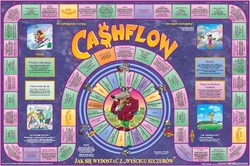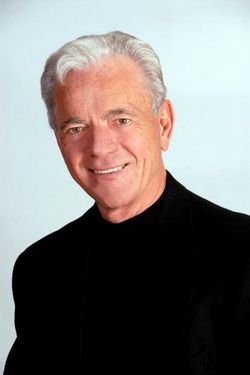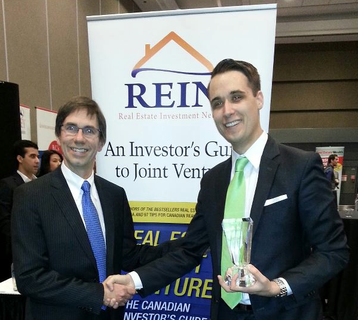
Freedomway.ca
facebook.com/stefanaarnio
https://twitter.com/stefanaarnio
http://ca.linkedin.com/in/stefanaarnio
Get Stefan Aarnio's book "Money People Deal: The Fastest Way to Real Estate Wealth" at MoneyPeopleDeal.com!
Remember: Please share this article if you found it enjoyable!
Too many people wake up in the morning at an average time, go to an average job, settle for an average relationship and live an average life.
There is nothing wrong with average, but the sad thing is, there is nothing right about being average either.
Years ago when my rock band split up and my dreams of becoming a rock star were smashed, I felt myself slipping from special to average. I was no longer the cool guy with the band, instead, I was just an average guy, with an average job, an average degree and I had no way to distinguish myself from other people. My identity was lost.
If there is one thing in life that I feared most, it was becoming average… But why did average scare me?
Average people with average lives scared me because I observed that they neither won nor lost. If life were a game, they were only playing to avoid a loss. Winning isn’t even an option for most average people because they are so terrified of losing that the thought of winning becomes an impossibility.
Unfortunately for everyone, average or not, life begins when we decide to “play to win”.
The Dalai Lama when asked what surprised him most about humanity, answered “Man, because he sacrifices his health in order to make money. Then he sacrifices money to recuperate his health. And then he is so anxious about the future that he does not enjoy the present; the result being that he does not live in the present or the future, he lives as if he is never going to die, and then dies having never really lived.”
So many people, every day, live their lives avoiding failure, avoiding loss, avoiding their dreams, their passions and their callings. We want to avoid pain, but when we avoid pain, we also eliminate the possibility of pleasure and joy. When we eliminate the possibility of losing, we also eliminate the possibility of winning.
Imagine a hockey team where every single player on the ice is playing defense. Imagine a real estate investor who never buys a single property. Imagine an entrepreneur who takes no risk and no action.
All of the examples above are destined to fail, by being unwilling to be exposed to failure, risk, pain and the possibility of loss, winning is an impossibility.
As an artist, I learned that art, to be art, must contain an element of risk. Art without risk is meaningless junk. The artist who takes no risk, produces no art. Surely, there will be hundreds or thousands of failures, but the true artist needs only one success and to justify a thousand failures.
Thomas Edison failed nearly 10,000 times before he discovered the light bulb. As an enlightened man he said “I have not failed. I’ve just found 10,000 ways that don’t work.”
Venture capitalists know that only 1 out of 27 companies they invest in will succeed.
World class salesmen know that they have to knock on hundreds of doors to make a sale.
Michael Jordan was cut from his high school basketball team, and later became the most celebrated basketball player in history.
The Beatles were rejected by numerous record companies before landing a record deal. Today the Beatles are regarded as “the best band of all time” and they will likely hold the title forever.
Oprah Winfrey was told that she would never make it on television. Today Oprah is one of world’s richest women win the world and has her own TV network.
However, all of the above people have become world class successes and timeless success stories for the history books because they made a decision in their lives to 1) Stop playing the game of life so defensively aka: “not to lose” and 2) Start playing to win.
We only get one chance at life, we only get “one shot”, so make it count.
“If you had one shot, or one opportunity
To seize everything you ever wanted. one moment
Would you capture it or just let it slip?”
-Eminem
Thanks for reading,
Stefan Aarnio
Freedomway.ca
facebook.com/stefanaarnio
https://twitter.com/stefanaarnio
http://ca.linkedin.com/in/stefanaarnio
Get Stefan Aarnio's book "Money People Deal: The Fastest Way to Real Estate Wealth" at MoneyPeopleDeal.com!
Remember: Please share this article if you found it enjoyable!









 RSS Feed
RSS Feed

